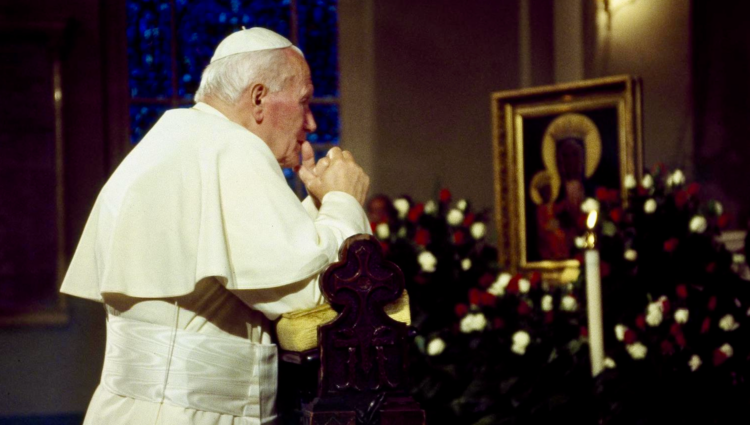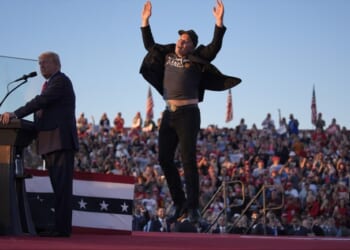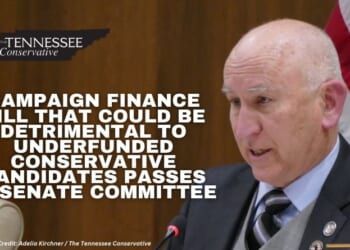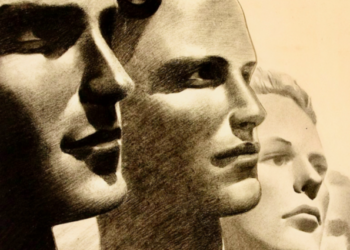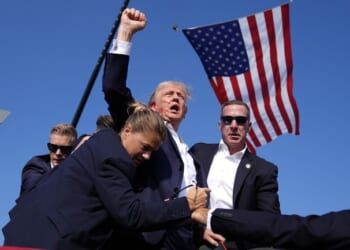Like another John the Baptist, the preacher makes straight the way of the Lord. Using human means and human words, God is pleased to bring about the salvation of his people. St. John Paul II was a preacher.
This is part of a series entitled, “Preaching: Feeding Fellow Beggars.” Read the series introduction here. To see other posts in the series, click here.
 On October 22, 1978, thousands of faithful pilgrims, dignitaries, and bishops filled Saint Peter’s Square for the inaugural Mass of Pope John Paul II. As a part of the Mass, he included in his preaching a surprising admission: “Today a new Bishop comes to the Chair of Peter in Rome, a Bishop full of trepidation, conscious of his unworthiness” (Homily, 3). A bishop full of trepidation? Indeed, for his mission was great. John Paul II knew the suffering of the world. In his youth, the problem of the world loomed over him in the form of war and violence. The problem continued to threaten him, even as pope. He was anxious, full of trepidation. What would he do? What would this new pope say? What could he say?
On October 22, 1978, thousands of faithful pilgrims, dignitaries, and bishops filled Saint Peter’s Square for the inaugural Mass of Pope John Paul II. As a part of the Mass, he included in his preaching a surprising admission: “Today a new Bishop comes to the Chair of Peter in Rome, a Bishop full of trepidation, conscious of his unworthiness” (Homily, 3). A bishop full of trepidation? Indeed, for his mission was great. John Paul II knew the suffering of the world. In his youth, the problem of the world loomed over him in the form of war and violence. The problem continued to threaten him, even as pope. He was anxious, full of trepidation. What would he do? What would this new pope say? What could he say?
As a boy, Karol Wojtyla lived under the stern and violent arm of fascism. He was only 19 when the Nazis invaded. He witnessed his countrymen rounded up, humiliated, and executed. He witnessed the Nazis devour his homeland. They were pleased to use violence to enforce what was their “truth”—One Race above all others. The Aryans were destined to rule, and the powerful ought to have their way with the weak. What would the young Karol do? He did what he could: he secretly went to seminary, and he prayed.
As an adult, Karol lived under the stifling and controlling eye of communism. Poland, after the spilled blood of World War II, was now having her culture wiped away. The Communists used political tactics, lies, and manipulation to enforce their “truth”—One Class above all others. Progress for the Proletariat required seizing power by any means and at any cost. What would Archbishop Wojtyla do? He did what he could: he encouraged the Polish people, prayed, and preached.
Bigger than Krakow, bigger than Europe—Karol knew the wavering state of man’s morality in the hearts of men everywhere. As a priest who worked with the youth, he knew that man constantly struggled with identity. Man in all ages has sought the answer to questions planted in his heart: Who am I? What am I here for? What will make me happy? Those who were greedy, hateful, or lustful used lies to enforce their “truth”—Me above all others. Self-creation, under the guise of “individual freedom,” was destroying people all over the world, as they tried to replace their creator with themselves. What was Pope John Paul II to do? What could anyone do in the face of the ultimate problem of sin?
The new pope was indeed anxious. He knew he was chosen, that he was ordained as a preacher. The burden of answering the problem of the world, the problem of man’s ultimate identity, was now his. From the time of the fall, man was disordered—self-inclined, and unaware of the great value placed within him. This was the problem of the pope. Under the Roman sun, thousands listened for the pope’s answer. So, he preached.
The pope knew Who, not what, was the answer—and it was not himself. The pope was not new to preaching. The preacher, if he is to preach authentically, could not depend on his own power or authority, but only on the strength of another through hours of prayer. The preacher must be a friend of God—for we can only speak truly and lovingly of our friends. John Paul II knew he was an instrument. He could not personally stir faith and love in the hearts of his hearers, but he knew someone who could.
The pope, the successor of Saint Peter, began his homily with his predecessor’s words: “You are the Christ, the Son of the Living God” (Homily, 1). These words, the pope observed, marked the beginning of the mission of Peter in the history of salvation, which is the history of the People of God. “Once you were no people but now you are God’s people” (1 Pet 2:10). All who sought their identity in things other than God sought their identity in sin. The Nazis were the People of Race. The Soviets were the People of Class. The Relativists were the People of Self. The pope wanted to say—if you are to be good, true, and happy—you must have a new organizing principle. You must be a Person of God. This requires humble acknowledgement. Sin blinds us to who we are and what we are made for: we are made for God. We must see Jesus saying with Peter. “You are the Christ.”
The terrible errors and problems of the world are due to false identity. Who is man? What is he here for? Christ has come to us as an exemplar, as a teacher. He is a man for others. For him to teach us, he must enter, and so the pope said the defining words of his entire papacy: “Do not be afraid! Open wide the doors for Christ!” (Homily, 5)
This is the instrumental character of the preacher, lived out. Like another John the Baptist, the preacher makes straight the way of the Lord. Using human means and human words, God is pleased to bring about the salvation of his people. St. John Paul II was a preacher. “We ask you therefore, we beg you with humility and trust, let Christ speak to man. He alone has words of life, yes, of eternal life” (Homily, 5).
St. John Paul II, pray for us.
All you Holy Preachers of God, pray for us.
✠
The Imaginative Conservative applies the principle of appreciation to the discussion of culture and politics—we approach dialogue with magnanimity rather than with mere civility. Will you help us remain a refreshing oasis in the increasingly contentious arena of modern discourse? Please consider donating now.
Photo (Pope John Paul II at the Baltimore Basilica) by Carol M Highsmith (public domain)

